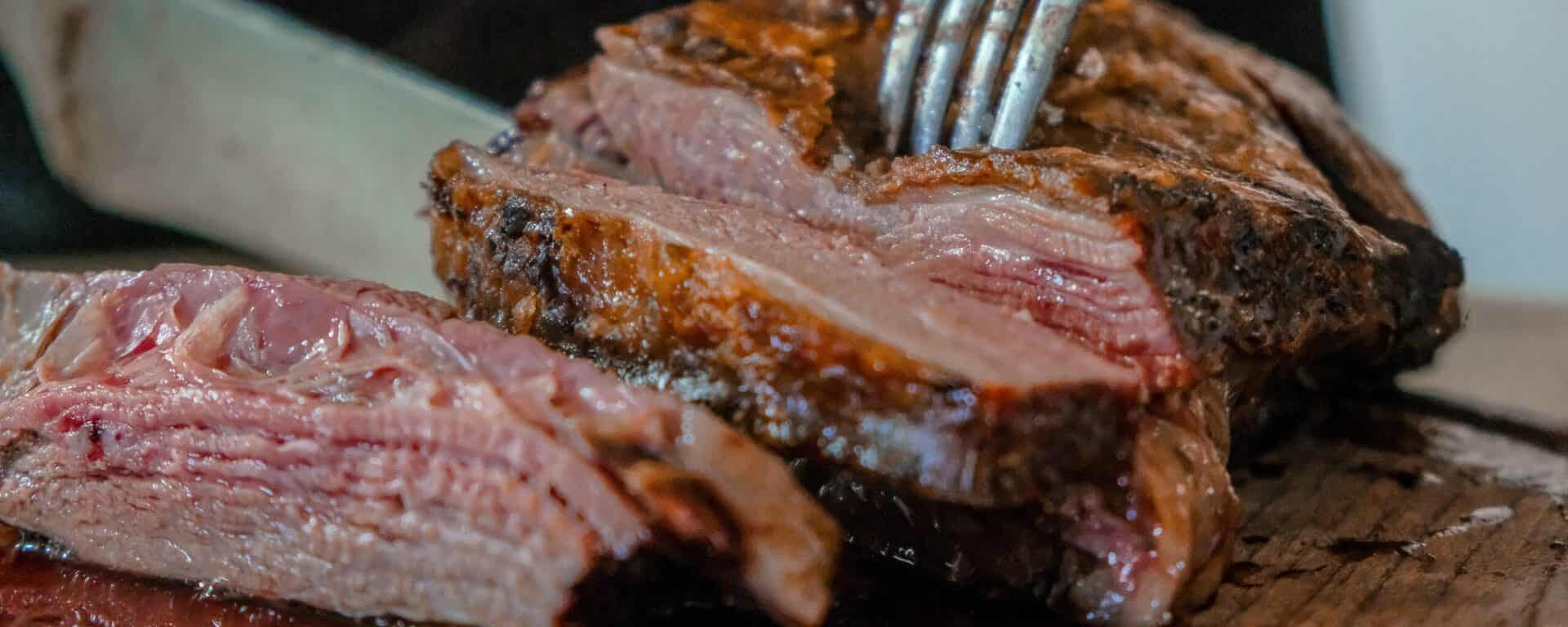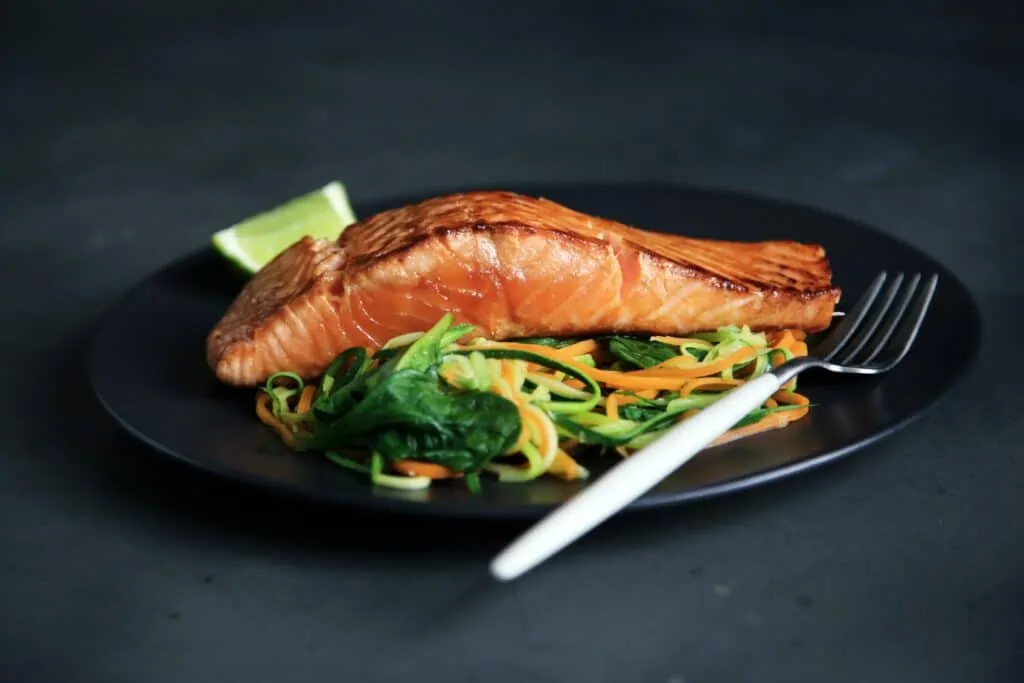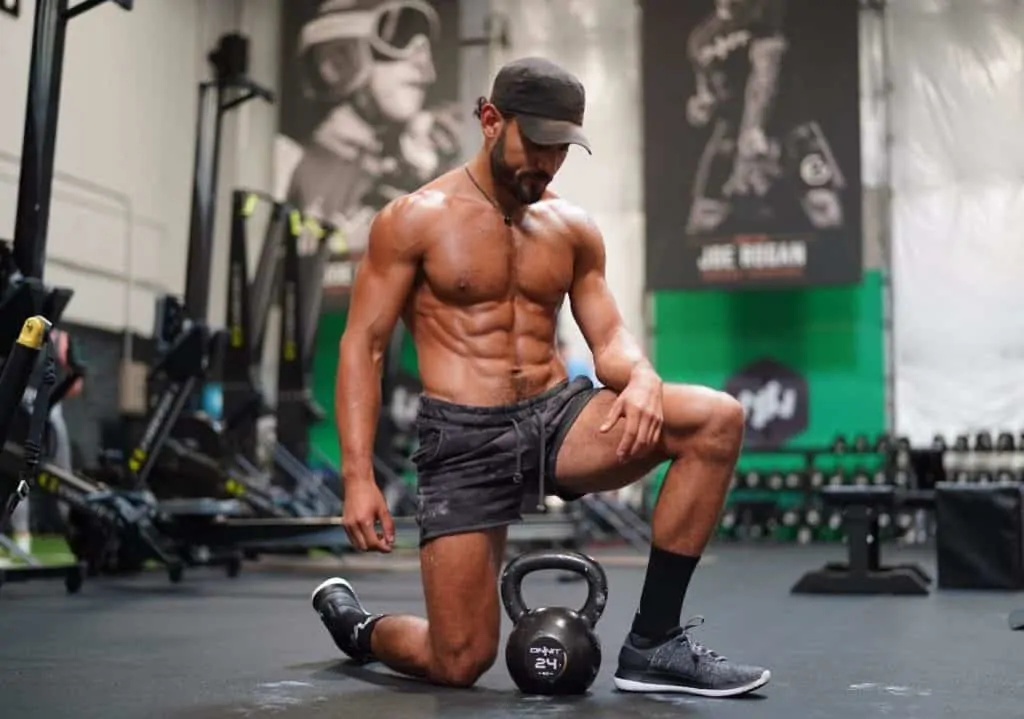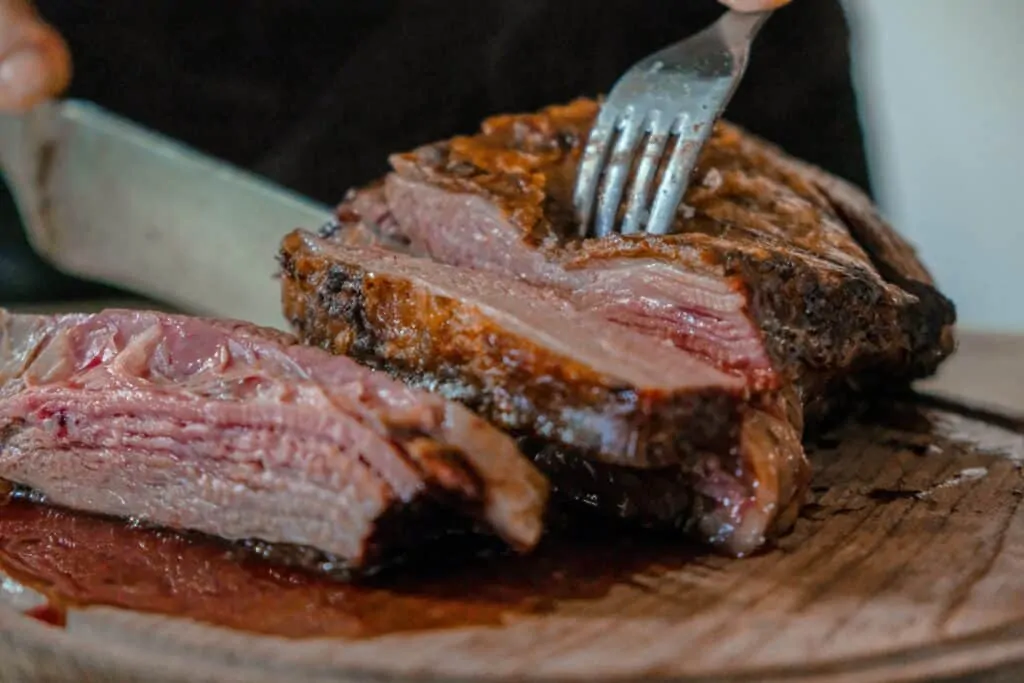

Protein shakes, protein bars, protein packs. Do you ever wonder why almost every workout product is so heavily focused on protein?
Or, have you ever just wanted to know more about protein and it’s benefits?
Well, you hit the perfect spot, because I’m breaking it down here.
To begin: Your body functions on three macronutrients: carbohydrates, your body’s main energy source; fats, which play a variety of roles from helping your body produce hormones to giving your body a place to store energy; and proteins, which allow your body to build and repair cells and grow lean body mass — a popular goal of a significant portion of my savage athletes.
What Is Protein?
Protein is a group of molecules and amino acids that make up everything you are. They build your hair, skin and muscles, as well as form your tissues and organs. They prevent muscle soreness post-workout, as well as play a role in helping you with muscular gains.
Basically, proteins are necessary for all functions. Consuming too few proteins can cause fluid build up, anemia and, for children, stunted growth (however, also know that consuming too many can stress your kidneys and liver, and potentially cause a calcium deficiency, so it’s important to keep balance in mind).
During digestion, protein breaks down into one of three forms of amino acids – essential, non-essential and conditional. Essential amino acids must be consumed via food throughout the course of the day, as your body cannot make them on its own. They also help your body create non-essential amino acids, which aren’t required from food.
Conditional amino acids are necessary to assist your body’s recovery process when it experiences extreme stress or injury, and they come from additional protein supplementation of nutrients and minerals like L-Arginine and glutamine.
How Much Protein Do I Need?
Per the average recommended daily value, a person needs .36 grams of protein per pound of bodyweight to keep their cells healthy, growing and replenishing themselves. This translates to between 10 and 35 percent of the average daily caloric intake. Or, 56 grams of protein for a sedentary man and 46 grams for a sedentary woman.
However, athletes — from long distance runners to weight room warriors — need a boosted amount of this macro because they work their muscles strenuously more than someone who doesn’t exercise regularly. In fact, your protein intake needs to exceed the amount of protein your body breaks down during a training session. Experts suggest between 1.2 and 2 grams of protein per kilo of body weight, consumed throughout the day. The extra protein will help repair the little tears you’ve created in your muscles from a workout, as well as help grow them.
How Much Protein Do I Need After a Workout?

There are many recommendations on exactly how much protein you should be getting after a workout (and we can get into all types of ratios and math, which still leaves you with the question, “Okay, so what do I eat?”
To provide a realistic answer, getting roughly a 4-ounce serving (palm-sized) portion of a clean protein post-workout is ideal.
Combine this with a small amount of clean carbs like winter squash, pumpkin, carrots, or other veggies to help with absorption, and you’ll be golden.
How Soon After a Workout Do I Need to Consume Protein?
While you’ll see advice to down your protein within 60 minutes of working out (to hit the anabolic window) know you’ll be fine if you get it in even 90 minutes after a session.
Just try not to wait any longer!
Should I Get My Protein From a Shake?
I typically prefer whole-food sources of protein, but there are times you might need to grab a shake to get in your protein/calories quickly after a session.
Be sure to get a CLEAN powder (whey being one of the best due to fast absorption and less gut irritants than casein) with no sugar, artificial preservatives or flavors, or other chemicals.
If you’re vegan focus on pea or even pumpkin seed or hemp seed protein powder. Most soy is genetically modified, so it’s best to steer clear.
What Are Other Protein-Rich Foods?

Generally, you can rely on quality animal products for all of your essential amino acids, including:
- Organic chicken and turkey
- Wild fatty fish, including mackerel, salmon and tuna
- Pasture raised eggs
- Extra lean cuts of beef, such as sirloin or round cuts
12 Week Primal Body Program Makes It Easy!
If you want your macros (including protein!) broken down into an EXACT nutrition guide you can follow, try my NEW 12-Week Primal Body Program on my Primal Fit App (p.s.: there’s a 14-day FREE Trial).